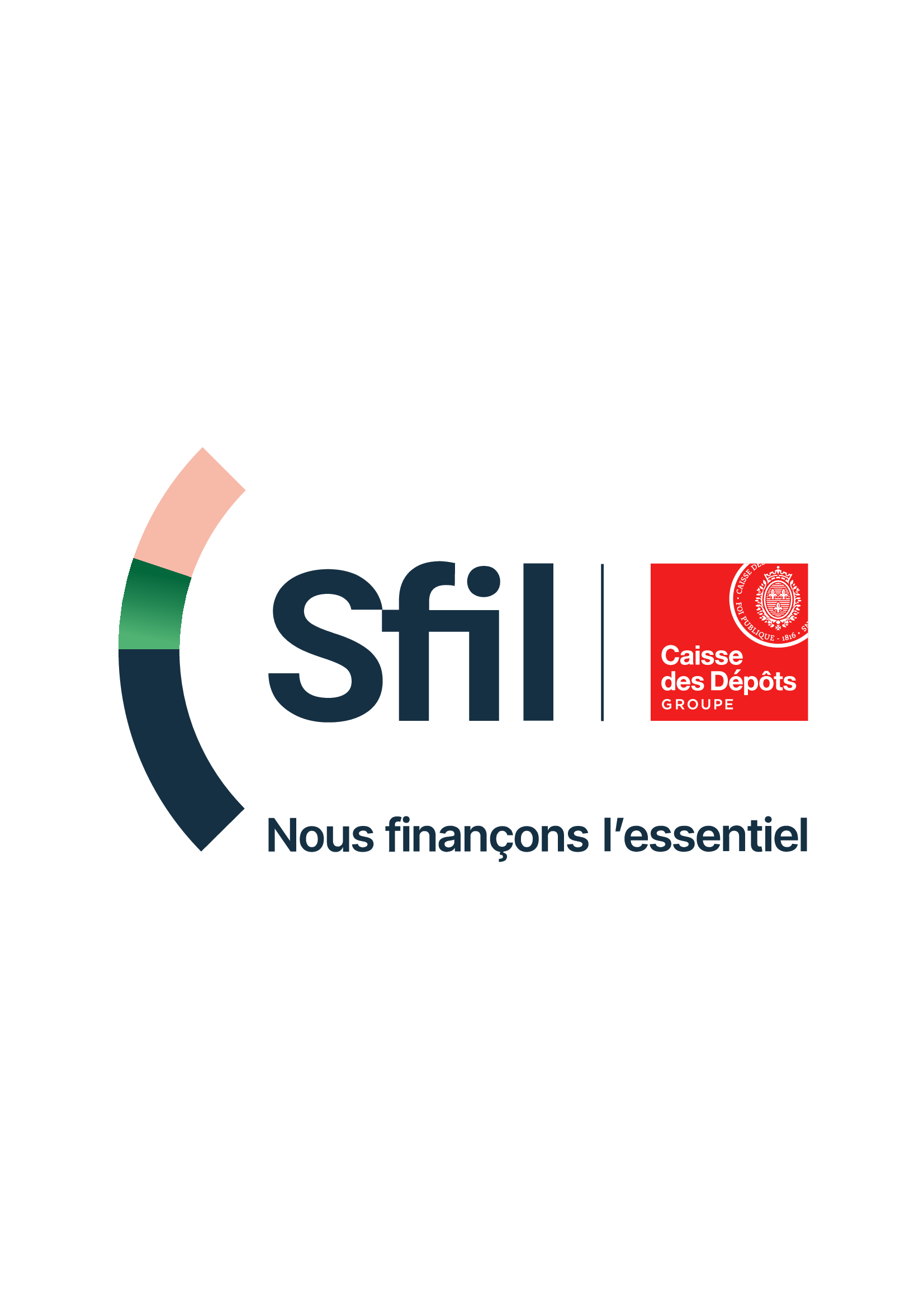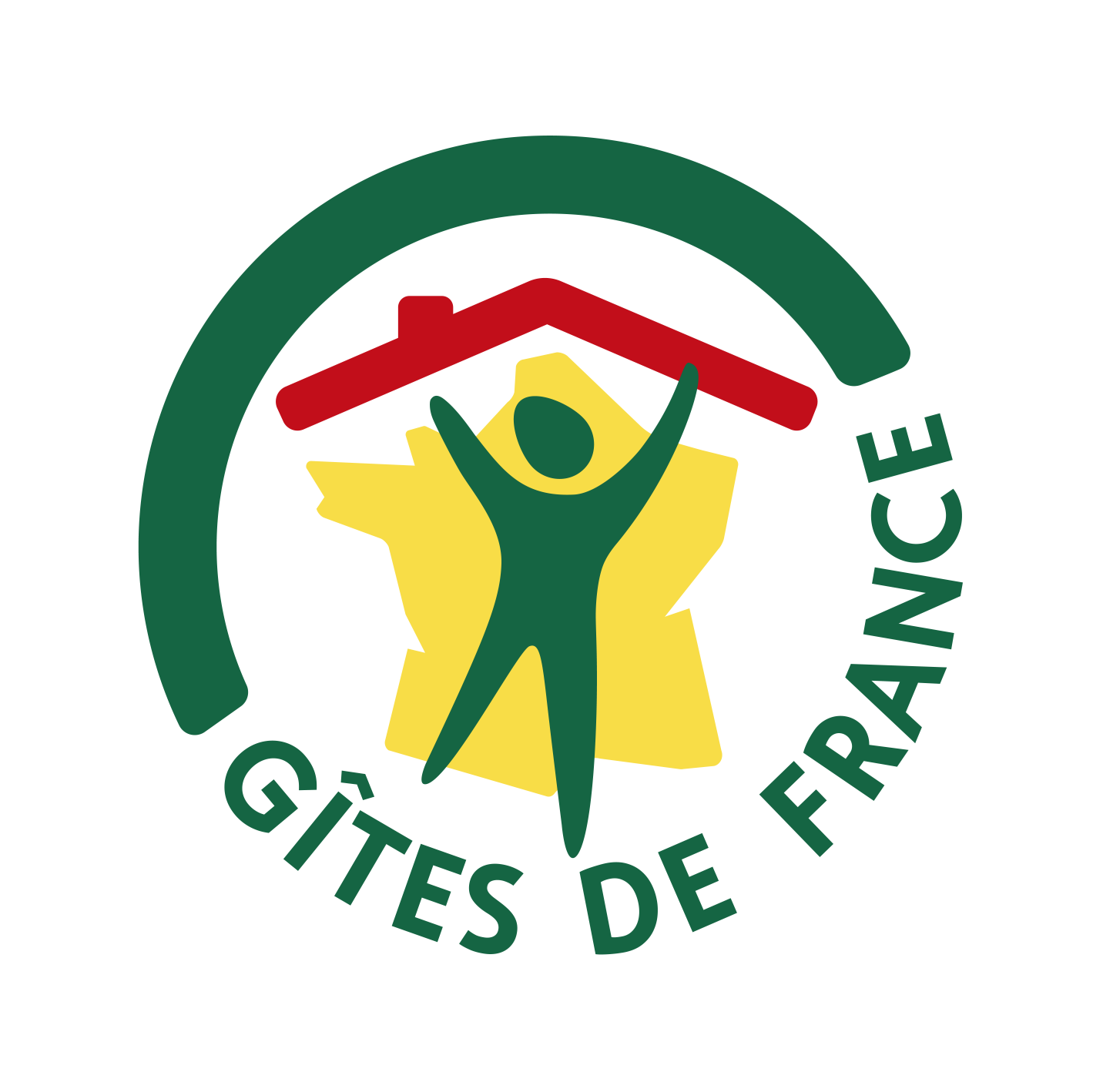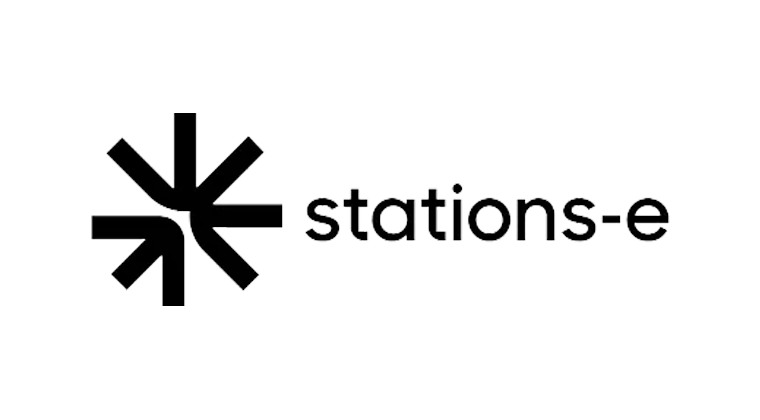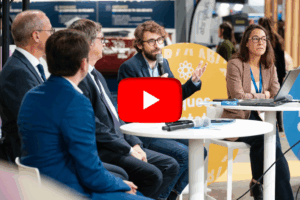The major themes of the Labs
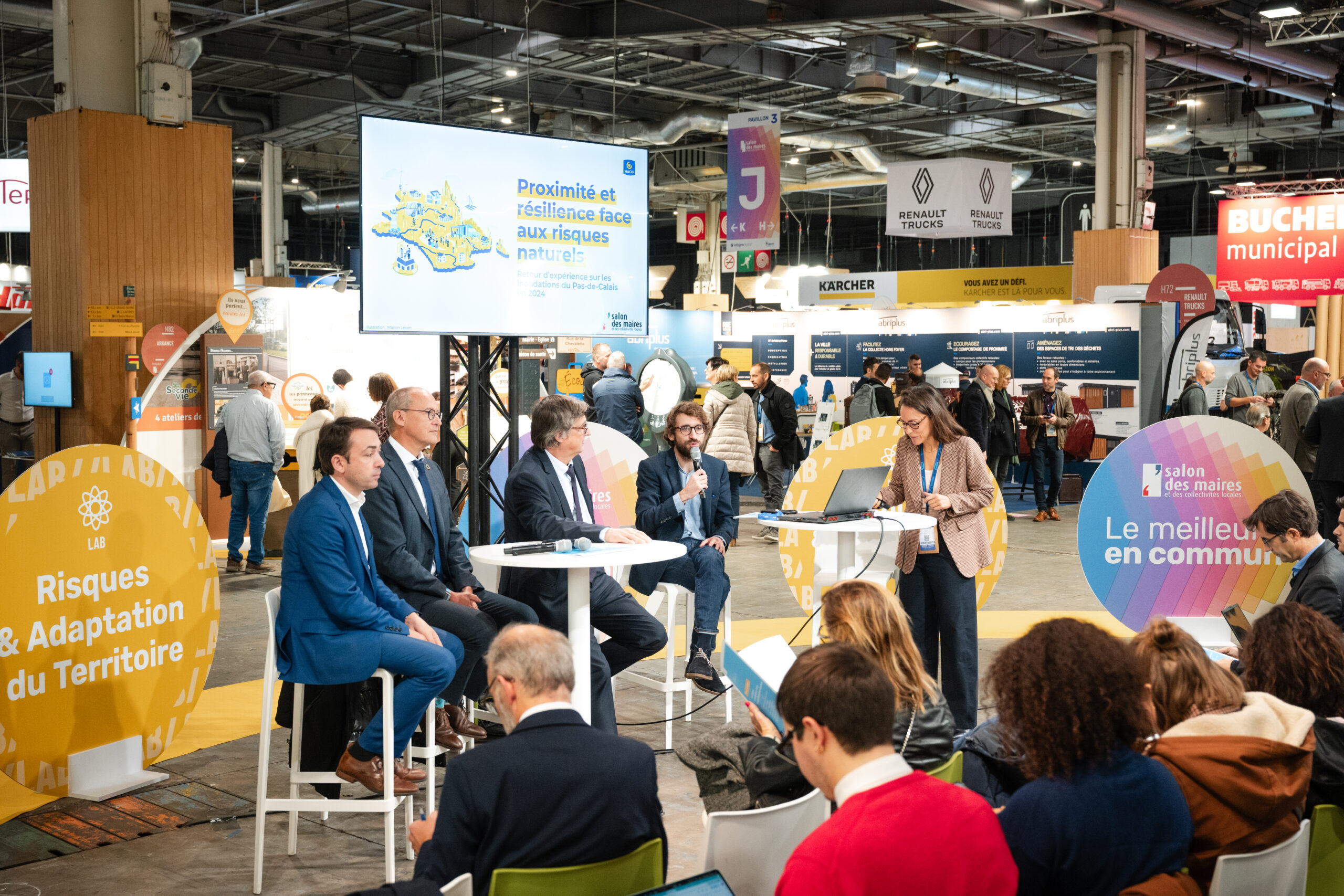
Lab “Risk & Territorial Adaptation”
Faced with the intensification of extreme events linked to climate disruption and the multiplication of crises, local authorities are strengthening their actions. They are increasing efforts to adapt and respond to serious situations. Territories, inhabitants, and infrastructures are exposed to various risks: drought, heatwaves, fires, storms, floods, erosion, biodiversity loss, and ecosystem degradation.
To address these risks, adaptation plans are emerging, aiming to rethink territorial planning in a more sober and resilient way, using proven or innovative techniques. Local authorities also cooperate to transform risk adaptation into collective territorial resilience projects.
Our “Bienfaiteur” sponsor :
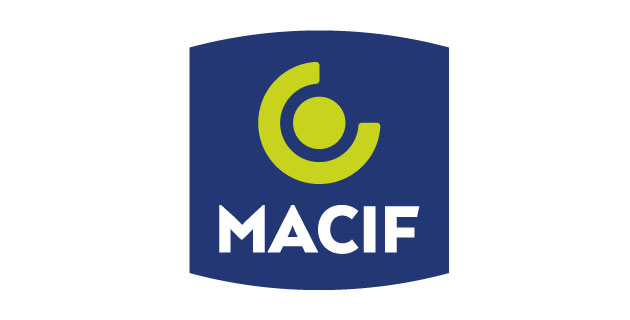
A major player in the insurance sector in France and deeply rooted in mutualist values, Macif provides daily protection to 6.37 million French citizens. For 65 years, we have been committed to serving local communities by offering solutions that address residents’ protection and prevention needs. Our member representatives and employees are actively engaged in implementing local initiatives and pilot programs that place risk-sharing and civic engagement at the heart of territorial resilience.
Our “Contributeur” sponsors :
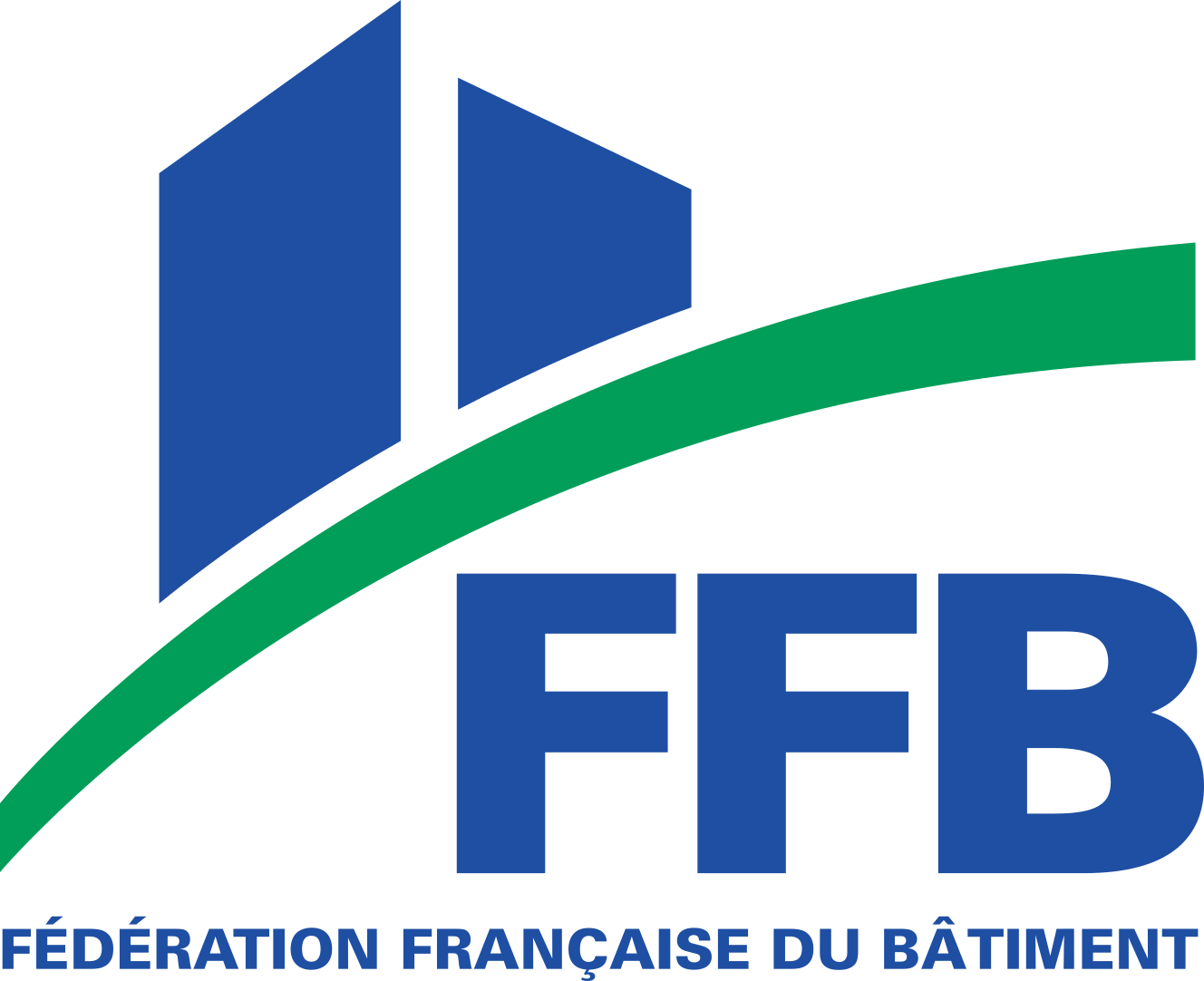
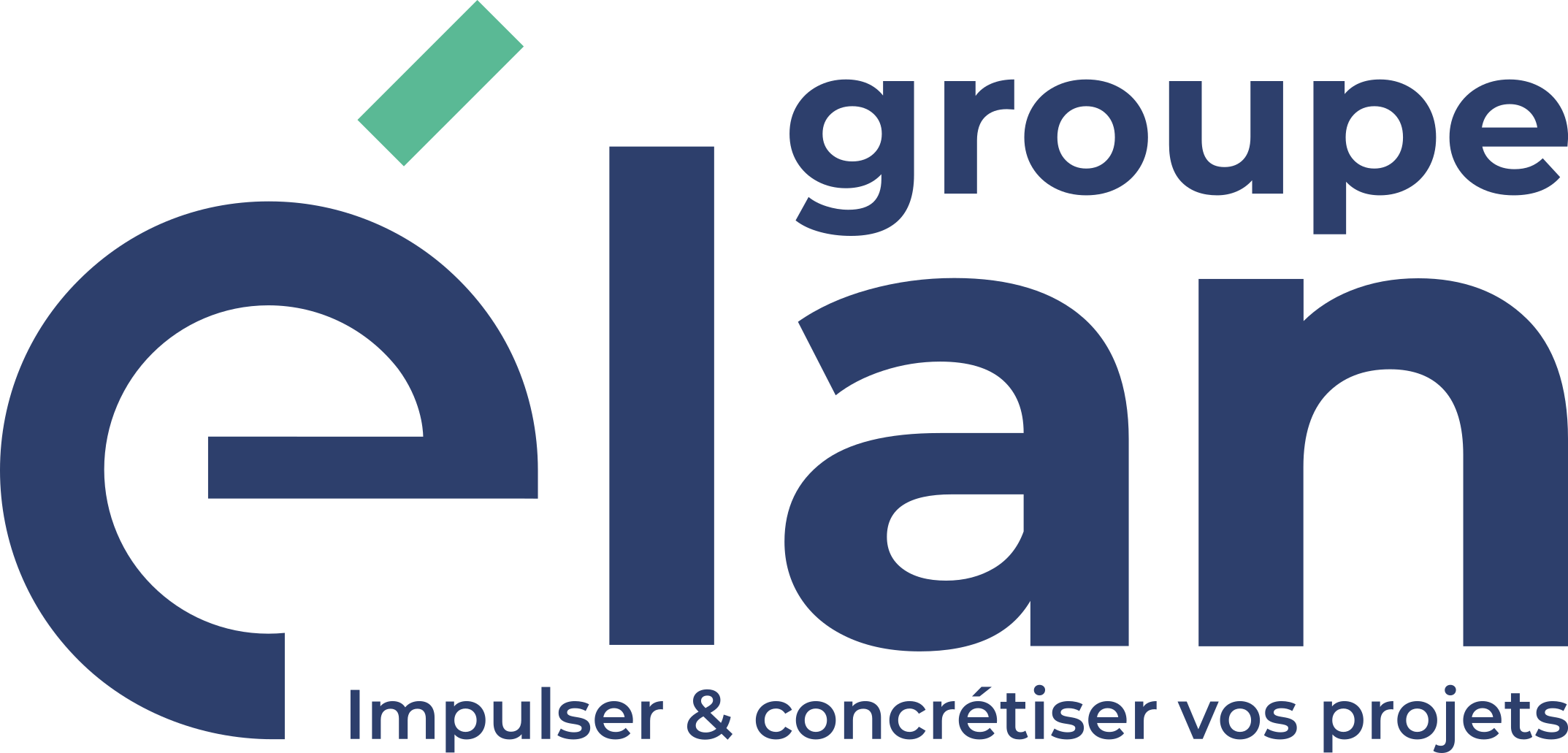


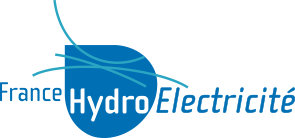
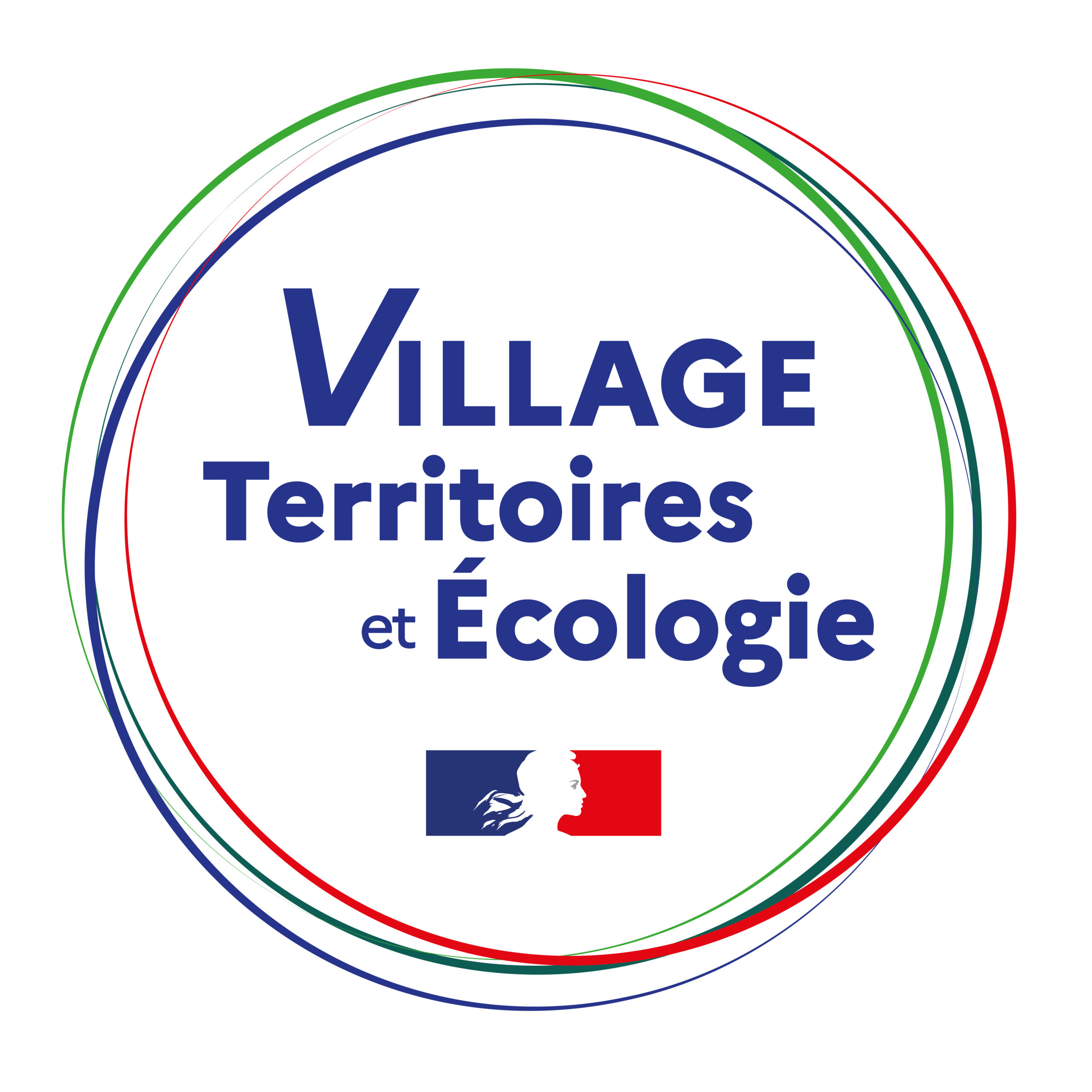
Lab “Inclusive & Solidary Territories”
Local authorities face social and societal support imperatives amid rapid changes in social realities, needs, aspirations, as well as life difficulties and trajectories. Issues of solidarity, social bonds, autonomy, empowerment, and the fight against inequalities are more than ever at the heart of territorial policies.
The recent context of inflation and price pressures, along with structural difficulties in the housing sector, heavily impact household disposable income, particularly for the most vulnerable people whom public authorities must support to avoid real risks of impoverishment. At the same time, societal changes call for inclusive policies—both global and local—to enable everyone to benefit from equal rights and opportunities daily.
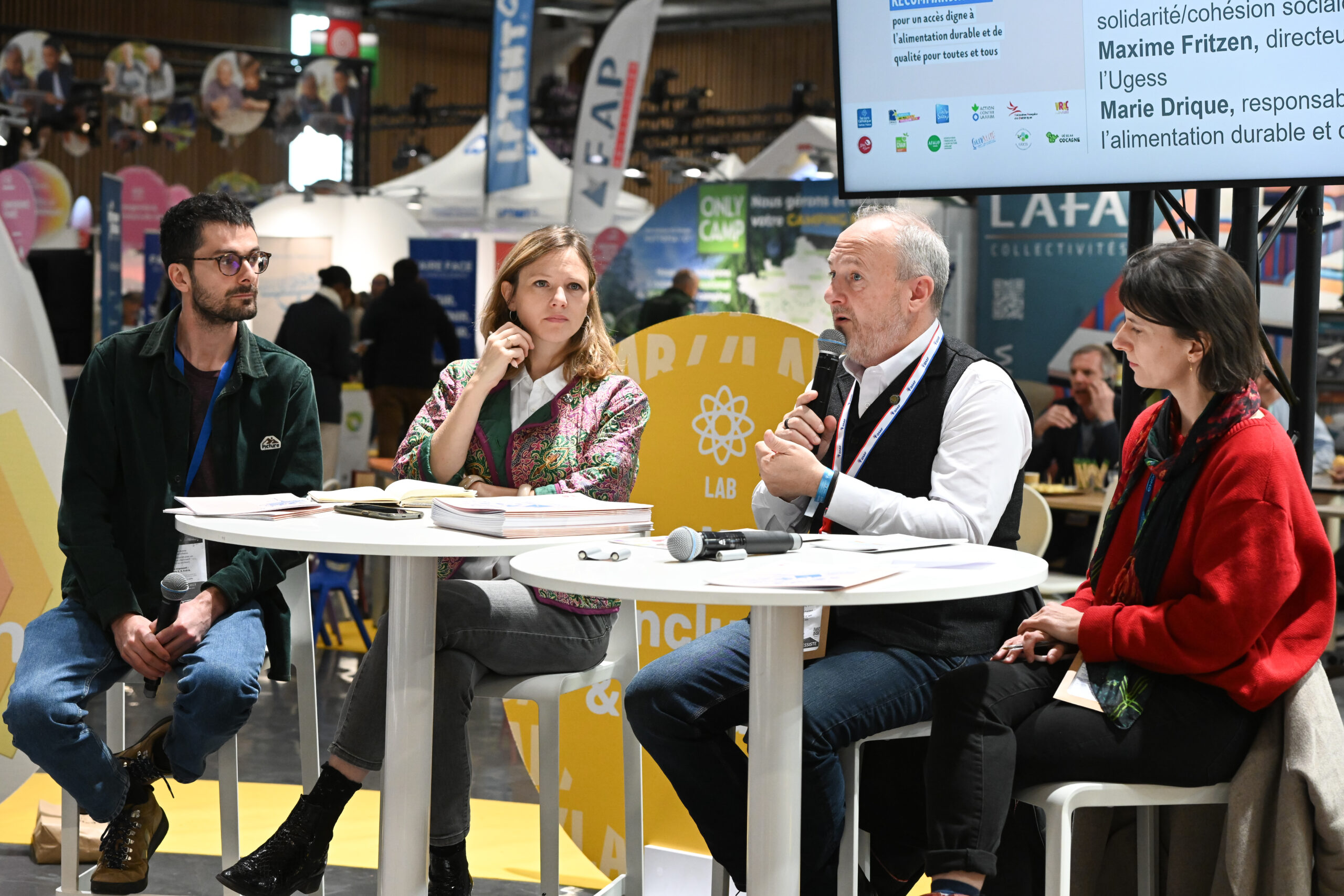
Our “Supporteur” sponsor :
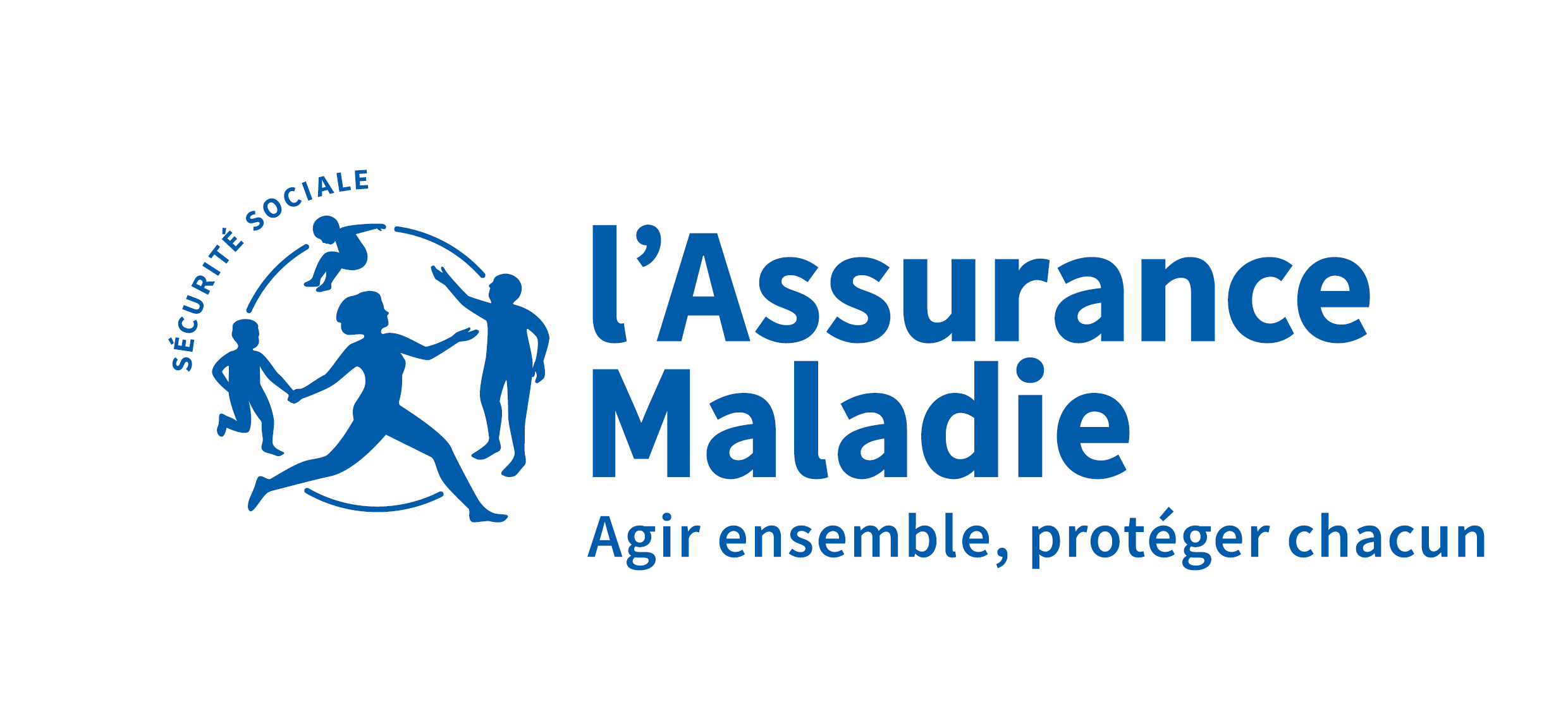
A coordinated approach is essential to protect and improve health. Establishing a diagnosis, deploying appropriate healthcare services, promoting access to rights and care for vulnerable individuals, and developing prevention strategies, CPAM can support you every step of the way.
Our “Contributeur” sponsors :
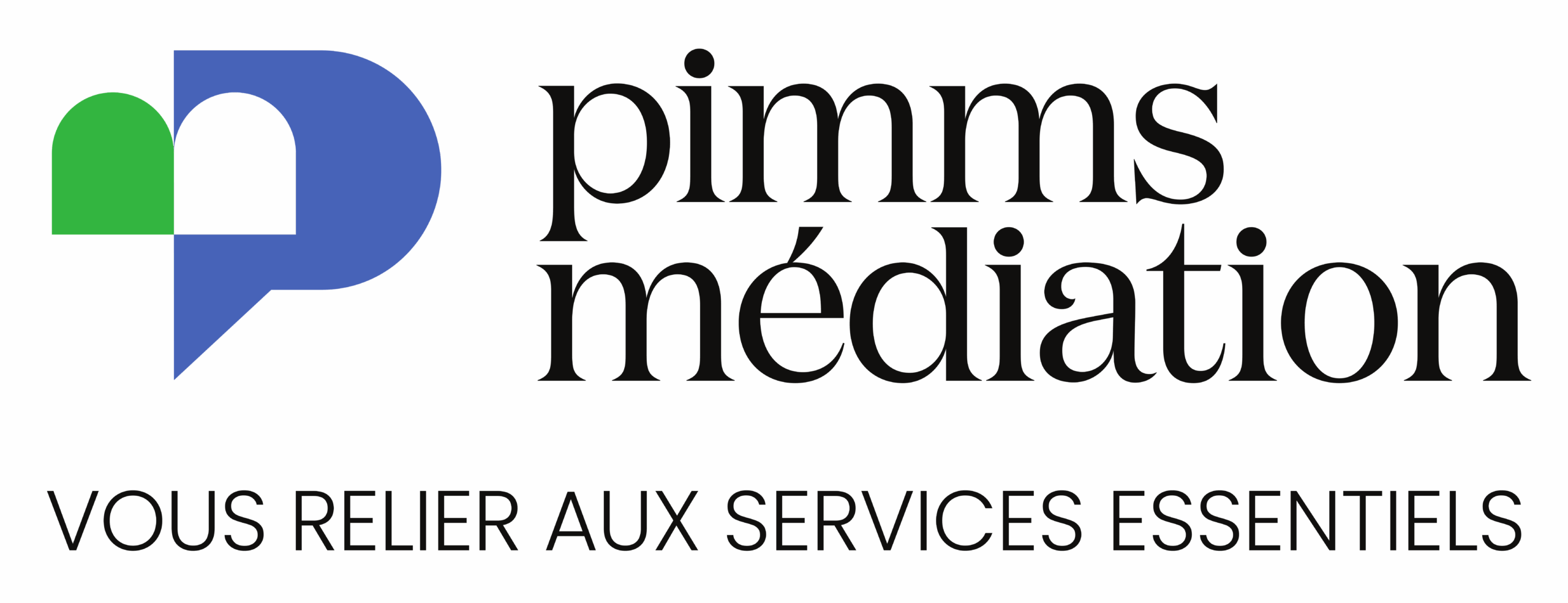





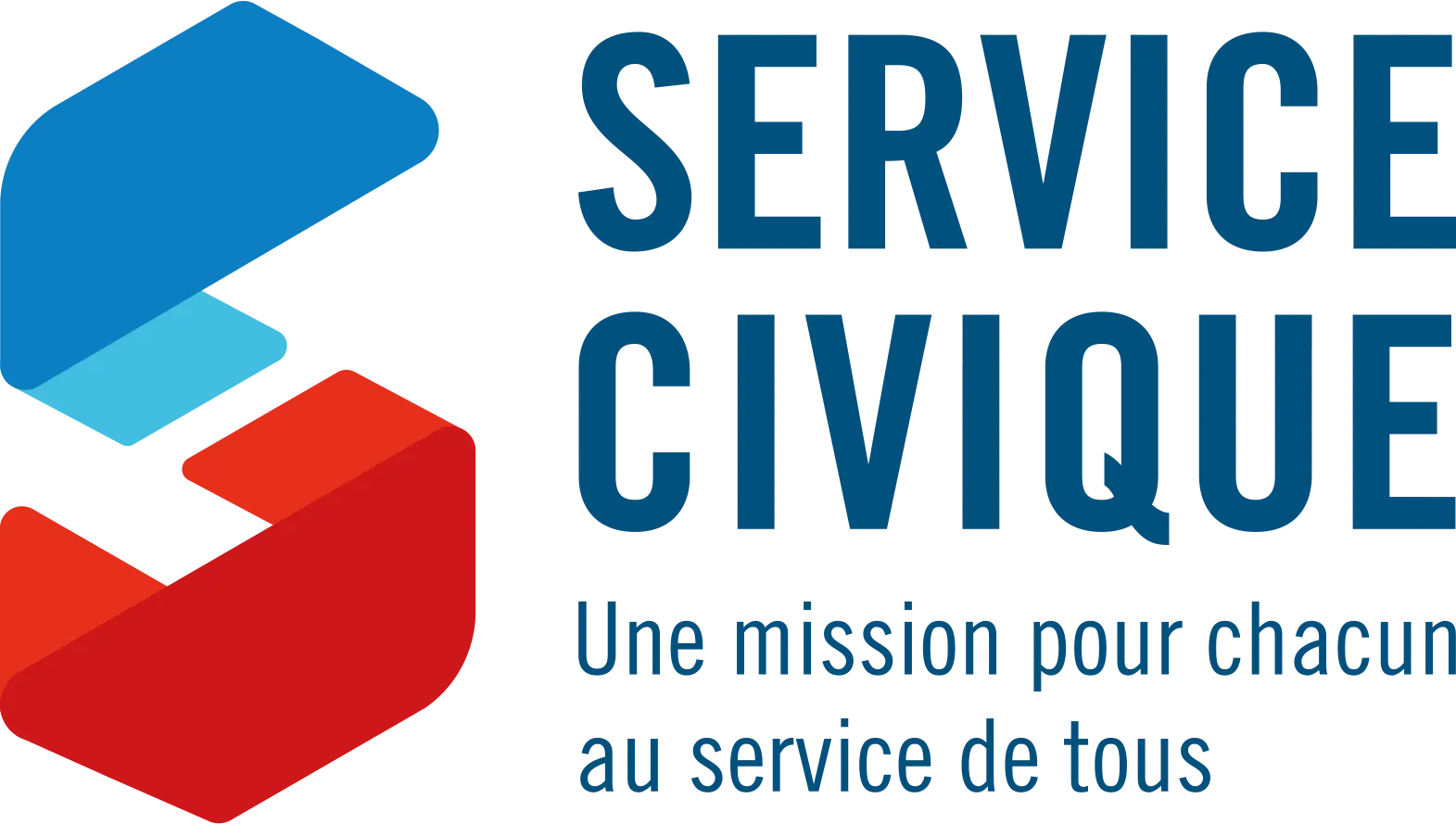
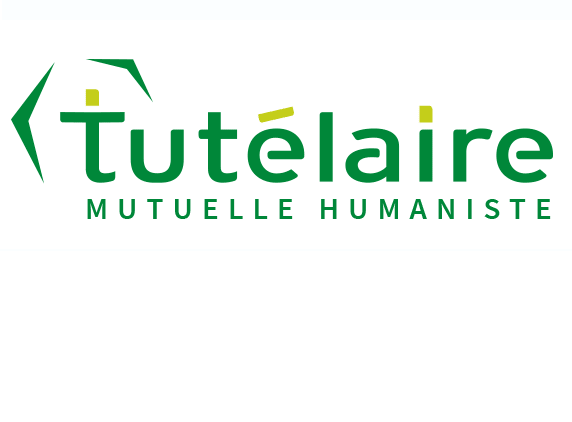
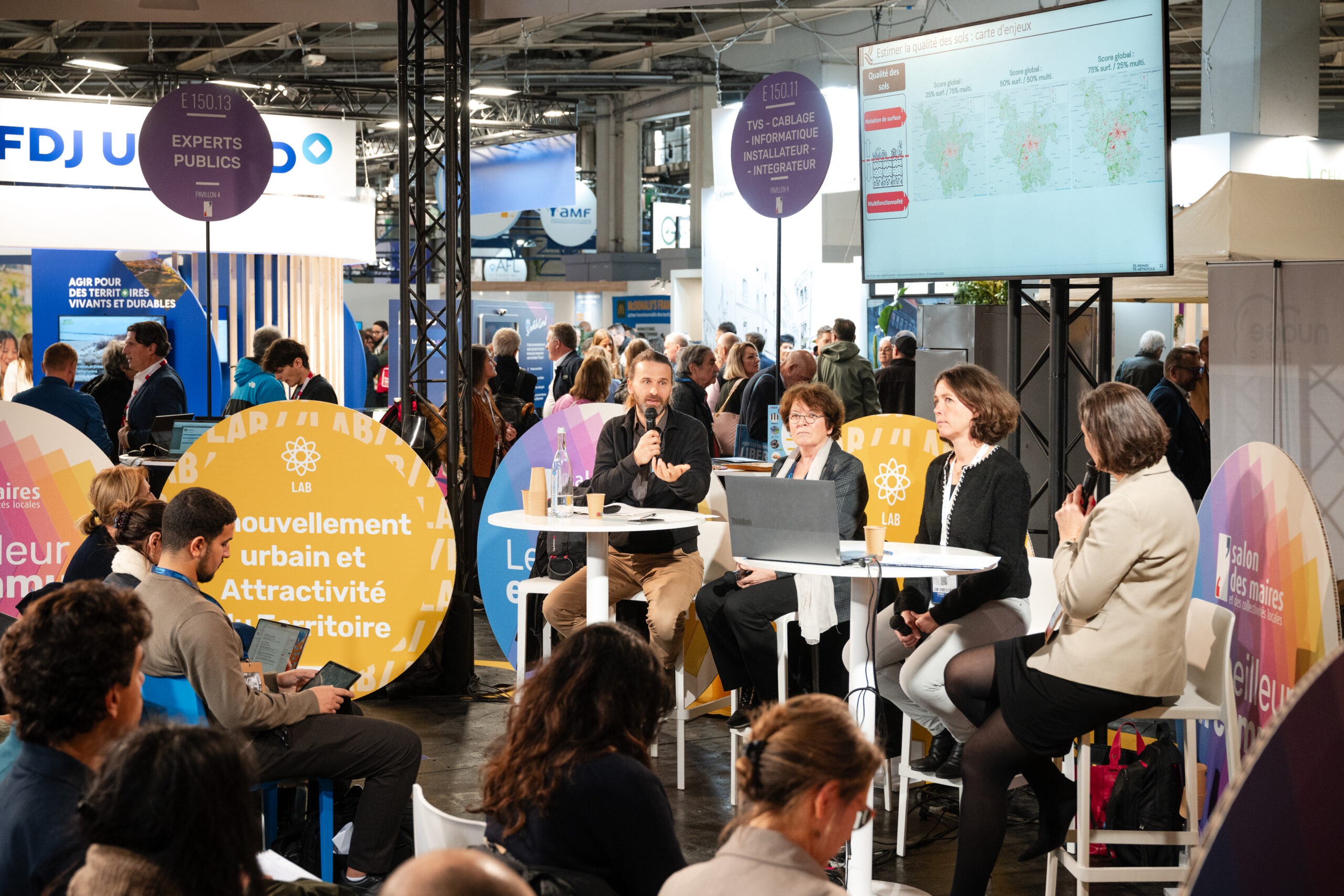
Lab “Urban Renewal & Territorial Attractiveness”
New this year
Despite debates over implementing ZAN (Zero Net Artificialization), land sobriety is now an unavoidable goal by 2050, to be integrated today into urban planning documents.
This requirement transforms planning policies, which now focus on reinvesting in already urbanized areas, rehabilitating, revitalizing city centers, and reclaiming suburbs while preserving natural spaces and rethinking essential land uses such as housing, commerce, services, and industry.
Themes covered include the renovation of old buildings, land optimization, evolution of planning documents, brownfield rehabilitation, suburban reconquest, new forms of housing, economic development in response to land scarcity, reindustrialization, fighting economic and demographic decline, as well as developing services and infrastructure to improve quality of life.
Our “Contributeur” sponsors :
